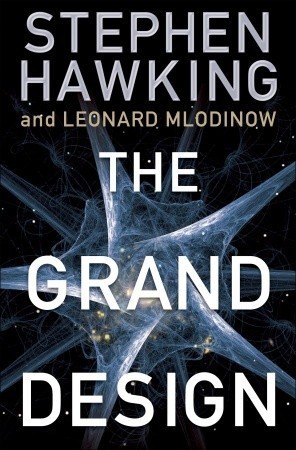More on this book
Community
Kindle Notes & Highlights
If nature is governed by laws, three questions arise: What is the origin of the laws? Are there any exceptions to the laws, i.e., miracles? Is there only one set of possible laws?
It is hard to imagine how free will can operate if our behavior is determined by physical law, so it seems that we are no more than biological machines and that free will is just an illusion.
Quantum physics tells us that no matter how thorough our observation of the present, the (unobserved) past, like the future, is indefinite and exists only as a spectrum of possibilities. The universe, according to quantum physics, has no single past, or history.
In Einstein’s theory, objects move on geodesics, which are the nearest things to straight lines in a curved space. Lines are geodesics on the flat plane, and great circles are geodesics on the surface of the earth. In the absence of matter, the geodesics in four-dimensional space-time correspond to lines in three-dimensional space.
We create history by our observation, rather than history creating us.
Our very existence imposes rules determining from where and at what time it is possible for us to observe the universe. That is, the fact of our being restricts the characteristics of the kind of environment in which we find ourselves. That principle is called the weak anthropic principle. (We’ll see shortly why the adjective “weak” is attached.) A better term than “anthropic principle” would have been “selection principle,” because the principle refers to how our own knowledge of our existence imposes rules that select, out of all the possible environments, only those environments with the
...more
The strong anthropic principle suggests that the fact that we exist imposes constraints not just on our environment but on the possible form and content of the laws of nature themselves.


